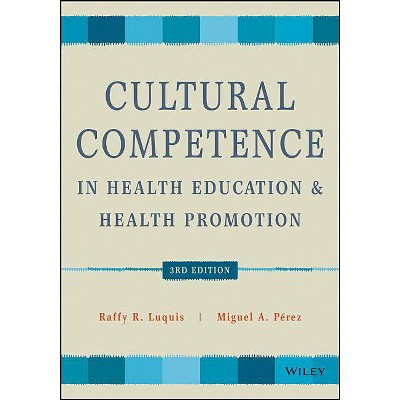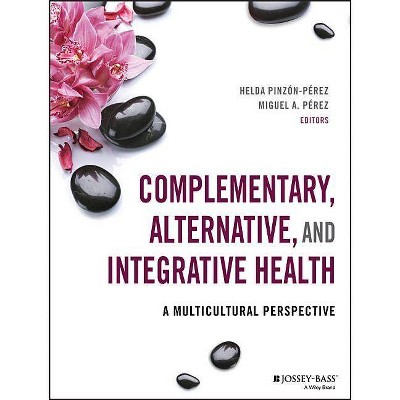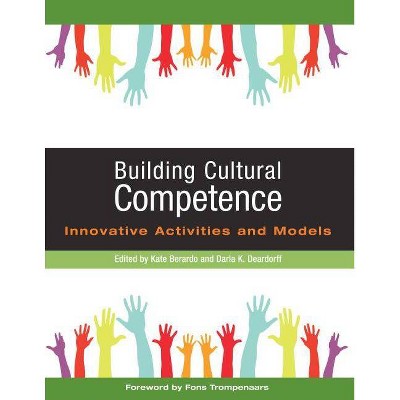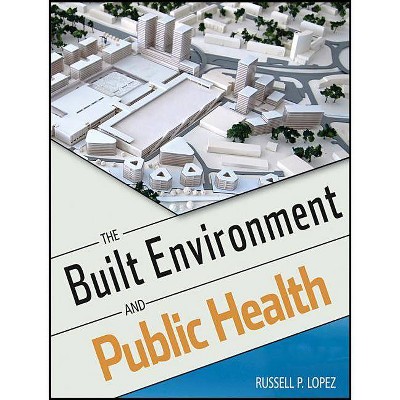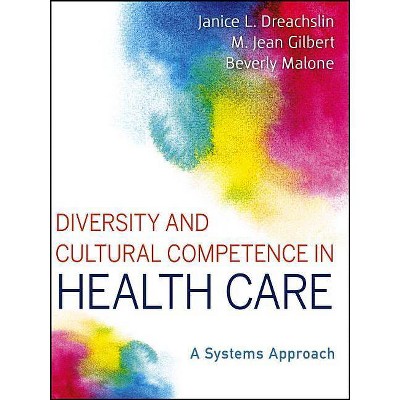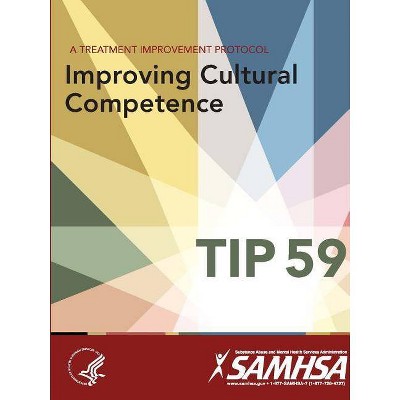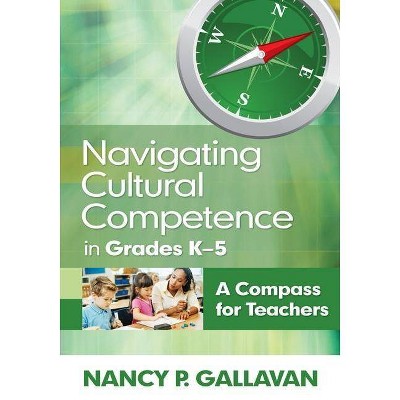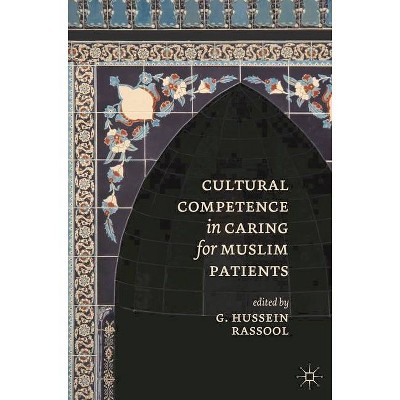Cultural Competence in Health - (Public Health/Aahe) 2nd Edition by Miguel A Pérez & Raffy R Luquis (Paperback)
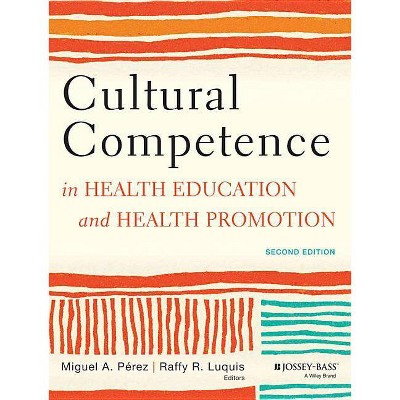
Similar Products
Products of same category from the store
AllProduct info
<p/><br></br><p><b> Book Synopsis </b></p></br></br><b>Cultural Competence in Health Education and Health Promotion, 2nd edition, </b> examines the importance of ethnic and cultural factors for community health practice. Edited and written by a stellar list of contributors who are experts in field, this book describes essential theories, models, and practices for working with race, ethnicity, gender, and social issues. The authors cover a wide range of topics including demographics, disparities, complementary and alternative medicine, spiritually grounded approaches, multicultural populations, culturally competent needs assessment and planning, communication, workforce, program planning, aging, sexual orientation, and future challenges. This edition has substantially expanded coverage on working with diverse groups, social determinants of health, spirituality, theoretical models for multicultural populations, planning and program evaluation, and aging, with new content includes coverage of disability and health literacy. This edition also reflects the latest standards for Certified Health Education Specialist certification and national standards on Culturally and Linguistically Appropriate Services (CLAS), from Department of Health and Human Services, Office of Minority Health<p/><br></br><p><b> From the Back Cover </b></p></br></br><p><b>Cultural Competence in Health Education and Health Promotion</b><br /> <b>Second Edition</b></p> <p>The second edition of <i>Cultural Competence in Health Education and Health Promotion</i> examines the importance of ethnic, cultural, and linguistic factors for community health practice. Written by a list of contributors who are experts in the field, this book describes essential theories, models, and practices for working with race, ethnicity, gender, and social issues. The authors cover a wide range of topics including demographics, disparities, complementary and alternative medicine, spiritually grounded approaches, multicultural populations, culturally competent needs assessment and planning, communication, workforce, program planning, aging, sexual orientation, and future challenges.</p> <p>The new edition of this important resource offers expanded coverage on working with diverse groups, social determinants of health, spirituality, theoretical models for multicultural populations, planning and program evaluation, and aging, with new content which includes coverage of disability and health literacy. This edition also reflects the latest standards for Certified Health Education Specialist certification from the National Commission for Health Education Credentialing, Inc. (NCHES) and National Standards on Culturally and Linguistically Appropriate Services (CLAS) from Department of Health and Human Services, Office of Minority Health.</p> <p><i>Cultural Competence in Health Education and Health Promotion</i> is an ideal resource for undergraduate and graduate students in the fields of health education and health promotion, school health, public health, preventive medicine, nursing, and allied health fields. In addition, the publication is an essential reading for those learning or practicing health education and health promotion.</p><p/><br></br><p><b> About the Author </b></p></br></br><p><b>Miguel A. Pérez, </b> PhD, MCHES, is professor and chair of the Department of Public Health, California State University, Fresno, California.</p> <p><b>Raffy R. Luquis, </b> PhD, MS, MCHES, is associate professor and program coordinator of Health Education, School of Behavioral Sciences and Education, Pennsylvania State University, Harrisburg.</p>
Price History
Price Archive shows prices from various stores, lets you see history and find the cheapest. There is no actual sale on the website. For all support, inquiry and suggestion messagescommunication@pricearchive.us
